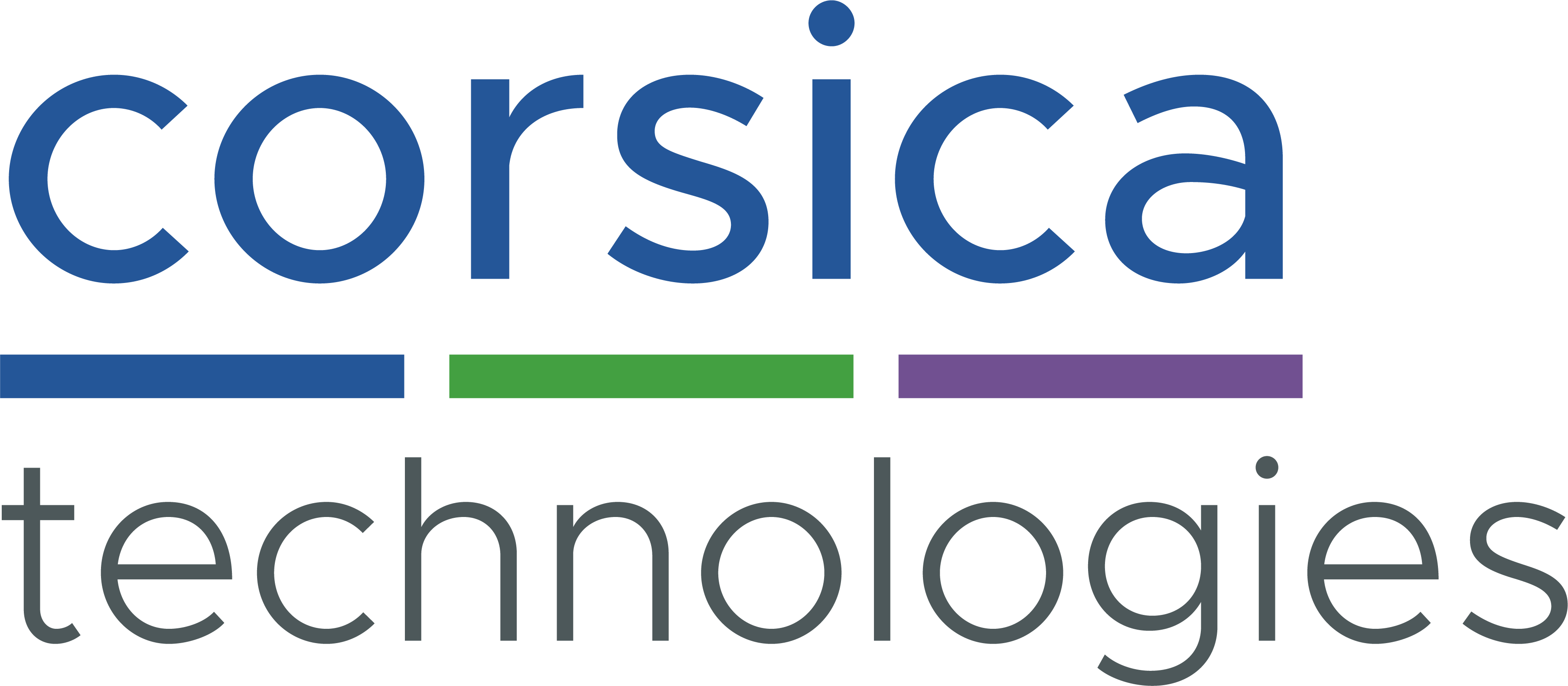More companies are seeing the value in converging their business and IT strategies. Convergence involves breaking down silos between the departments so you can align your IT initiatives with your business objectives.
When you view the IT department beyond just a support function, you see how it can help you reach your business goals and grow your business faster. Here are some ways IT-business convergence can help your business, as well as ways to make the process easier.
Why Align IT Solutions with Business Goals?
Convergence allows your IT and business departments to improve collaboration. This cooperation leads to benefits like:
- Enhanced innovation
- Improved agility
- Cost-efficiency
- Better customer experience
- Data-driven decision making
- Improved ability to meet market demands
Companies that successfully align IT and business strategies are able to get a holistic view of data and the business. They can then use data to make better customer recommendations, develop more relevant products, quickly scale operations, and measure the success of business initiatives.
You can start a successful convergence by considering what IT has to offer beyond simply keeping the lights on. Also, look at what other companies are doing with their IT teams to enable business growth, improve operational efficiency, and gain a competitive advantage.
How an IT Services Provider Can Help
With new growth and responsibilities, consider partnering with an IT service provider. They can help facilitate and maintain the convergence by:
- Formulating new IT strategies
- Providing specialized expertise
- Augmenting your existing resources
- Giving a fresh perspective on challenges
- Offering objective insights based on experience
- Mitigating cybersecurity risks
- Providing expertise from senior-level consultants
- Identifying areas to grow and improve efficiency
- Making the business case to leadership for technology investments
Managed IT service providers work with many clients in an industry. This helps them keep up on industry best practices and see which infrastructure models are most successful. Their experience also helps service providers provide better risk mitigation.
Additionally, by monitoring your environment 24/7, an IT service provider can gather a lot of data specific to your organization. This information helps you streamline operations and identify opportunities for growth. And since data collection and analysis are ongoing, it leads to continuous improvement and business development.
Gear IT Solutions to the Needs of the Business
An IT service provider like Corsica acts as a partner to your existing IT team. The IT service provider manages backend systems and monitors cybersecurity. The partnership frees your team to focus on day-to-day operations and end user support.
IT service providers can also handle areas that require specialized skills, so you don’t have to seek out new resources. At Corsica, we view our services as a partnership that serves the needs of your IT team and the organization as a whole.
Drive Business through Managed IT Services
Leadership teams at many organizations have started to see the value that IT can bring to their companies. When working together as partners, IT service providers can help grow your business exponentially.
To learn more about improving business by aligning IT and growth strategies, talk to one of Corsica’s managed IT and cybersecurity specialists.







